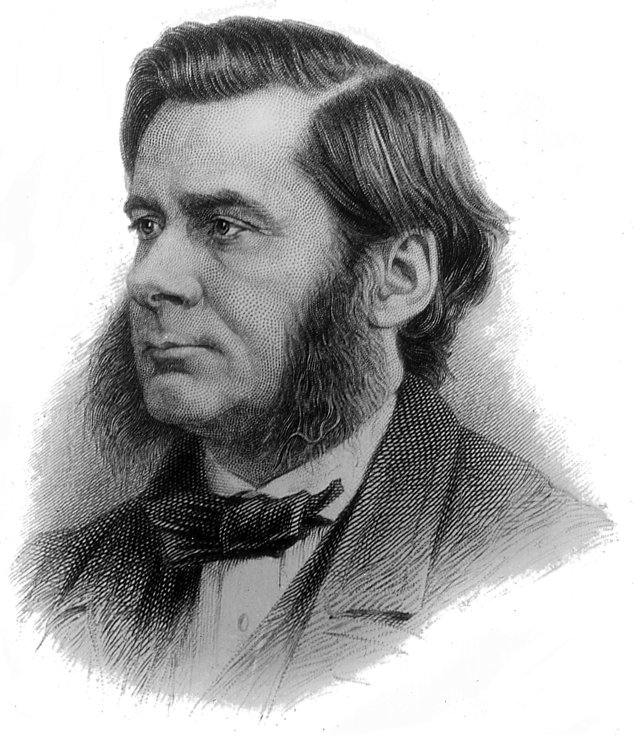
The strain of doing such fine reporting on global warming may be showing on Elizabeth Kolbert.
I suppose there's only so much Bush Administration dormancy and mendacity you can absorb before your assignment editor asks you to review a classic children's book and you, um, turn it into a nihilistic meditation on death.
Her ultimate paragraph in "Goodnight Mush," from the December 12 issue:
 "Time moves forward, and the little bunny doesn’t stand a chance. Parent and child are, in this way, brought together, on tragic terms. You don’t want to go to sleep. I don’t want to die. But we both have to."
"Time moves forward, and the little bunny doesn’t stand a chance. Parent and child are, in this way, brought together, on tragic terms. You don’t want to go to sleep. I don’t want to die. But we both have to."Reaction from the blogosphere:
Lance Mannion: "I've read Goodnight Moon a thousand times, in a myriad of moods, and not once, not once, did I come away with an interpretation as dark as this."
Three Dot: "I thought I had a knack for reading disturbing messages into children's books, but I doff my hat to Ms. Kolbert."
Elf Sternberg: "Whoa. Heavy."
Play Library: "Ms. Kolbert’s piece is bizarre to say the least as well as overly analytical with a bitter taste."
Is the death fable a philosophical statement for Kolbert? She's gotta be an existentialist—the unfathomable universe, the human reponsibility, the slow, sweet march to a permanent void.
Consider the tone of her article beside the last paragraphs of Albert Camus's "Irony," his 1937 reflection on youth and death.

"None of this fits together? How very true! A woman you abandon to go to the cinema, an old man to whom you have stopped listening, a death which redeems nothing, and then, on other hand, the whole radiance of the world.
"What difference does it make if you accept everything? What you have here are three destinies which are different and yet alike. Death for us all, but his own death to each. After all, the sun still warms our bones for us."
And on that note, time for Multiplatform.
Originally published on Jan 18, 2007







